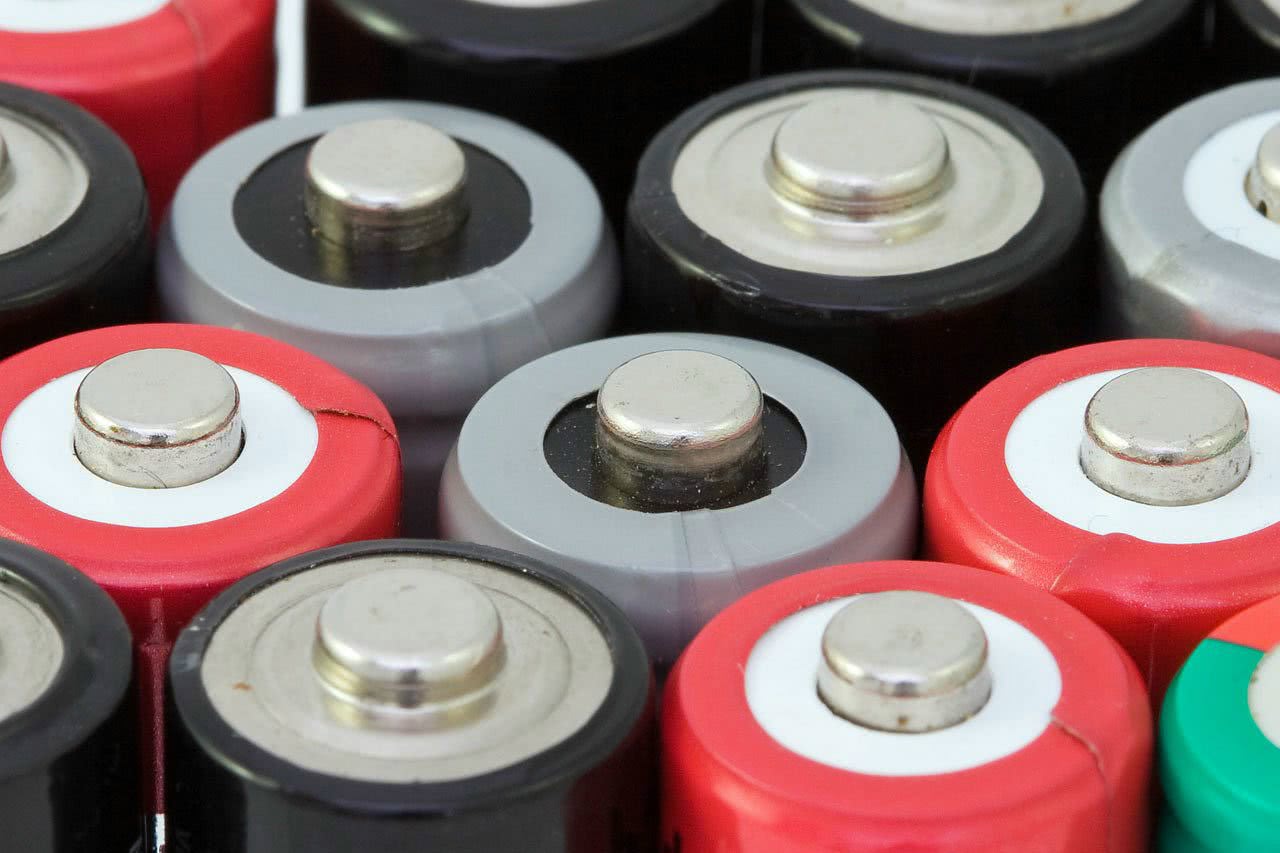
Choosing the Right Chemicals for Battery Reconditioning: A Comprehensive Guide
Battery reconditioning is a process that involves cleaning and restoring the internal components of a battery to improve its performance. While it can extend the life of your battery, it's crucial to use the correct chemicals for the process. Using the wrong chemicals can damage the battery, leading to further deterioration and safety hazards.
This article will guide you through the selection process, ensuring you choose the right chemicals for your battery reconditioning endeavor.
Understanding Battery Chemistry
Before diving into specific chemicals, it's vital to understand the different types of batteries and their respective chemistries. Here are some common battery types and their active materials:
- Lead-acid batteries: These are the most common type found in cars and other vehicles. They consist of lead plates immersed in a sulfuric acid electrolyte solution.
- Lithium-ion batteries: These batteries are widely used in portable electronics and electric vehicles. They employ lithium compounds as their active materials.
- Nickel-cadmium (NiCd) batteries: These are known for their durability and ability to withstand harsh environments. They use nickel and cadmium compounds as their active materials.
- Nickel-metal hydride (NiMH) batteries: These are a newer technology than NiCd and offer higher energy density. They use nickel and a hydrogen-absorbing alloy as their active materials.
The specific chemical composition of the battery determines the type of chemicals required for reconditioning.
Common Chemicals Used in Battery Reconditioning
Here are some of the most commonly used chemicals for reconditioning different types of batteries:
Lead-Acid Batteries
- Sulfuric acid (H2SO4): The electrolyte in lead-acid batteries is a sulfuric acid solution. During reconditioning, a process called "equalization" may involve adding concentrated sulfuric acid to increase the specific gravity of the electrolyte. However, this should only be done by experienced professionals.
- Sodium bicarbonate (NaHCO3): This is a mild alkali that can be used to neutralize excess acid. It can be added to the battery electrolyte to help remove impurities and reduce corrosion.
- Distilled water: Distilled water is crucial for maintaining the proper electrolyte level in lead-acid batteries. Using tap water can introduce impurities that damage the battery.
Lithium-ion Batteries
Lithium-ion batteries are sensitive to moisture and require specialized chemicals for reconditioning. If you're considering reconditioning lithium-ion batteries, it's highly recommended to consult with a professional or refer to the battery manufacturer's instructions.
Nickel-Cadmium (NiCd) and Nickel-Metal Hydride (NiMH) Batteries
These battery types typically use potassium hydroxide (KOH) as the electrolyte. While reconditioning these batteries is possible, it's generally not as effective as with lead-acid batteries. Consult the battery manufacturer's recommendations or a specialist for proper handling and chemicals.
Safety Precautions
It's crucial to remember that battery reconditioning involves working with hazardous chemicals. Here are some essential safety precautions:
- Wear protective gear: Always wear gloves, goggles, and appropriate clothing to protect yourself from chemical splashes and fumes.
- Work in a well-ventilated area: Ensure good airflow to prevent the buildup of harmful gases.
- Handle chemicals carefully: Always follow the manufacturer's instructions and use proper handling techniques.
- Store chemicals properly: Keep chemicals in their original containers and away from heat or direct sunlight.
- Dispose of chemicals responsibly: Follow local regulations for proper disposal of hazardous waste.
Conclusion
Choosing the right chemicals for battery reconditioning is crucial for achieving optimal results and maintaining safety. Understanding battery chemistry, using appropriate chemicals, and following safety guidelines are paramount. If you're unsure about the proper chemicals or procedures, consult with a professional or the battery manufacturer for guidance.
0 Response to "How to Choose the Right Chemicals for Battery Reconditioning"
Post a Comment
Note: only a member of this blog may post a comment.